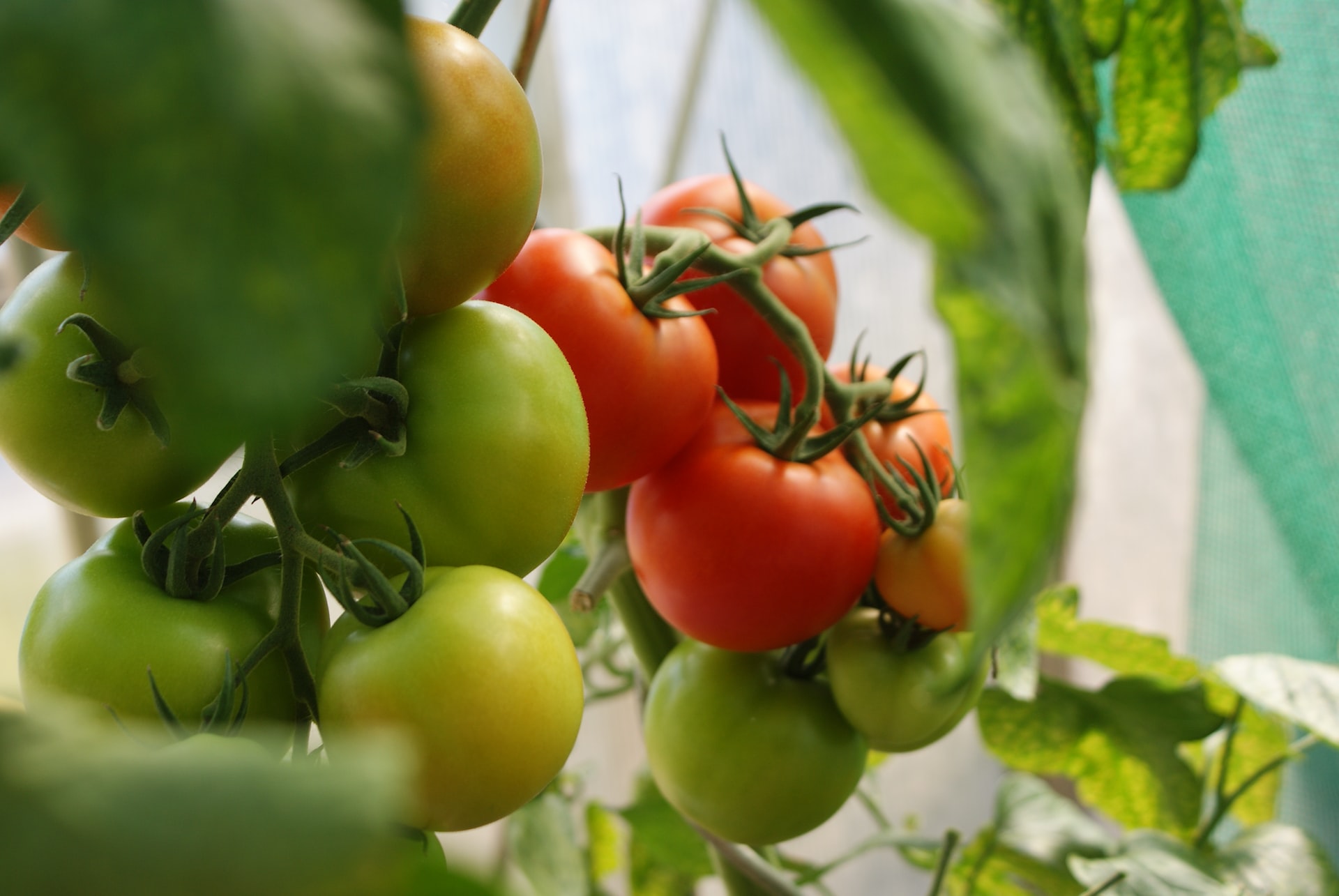
Nov 4, 2022
The Strengthening Organic Enforcement Rule: What it means
The USDA National Organic Program’s Strengthening Organic Enforcement (SOE)
Proposed Rule came out in 2020. Since closing the comment period last October, the rule is expected to be finalized and published in the coming months.
After the rule is enacted, operations buying, selling, trading or facilitating sales of organic products will be required to gain certification.
The SOE rule is the single largest piece of rulemaking since the National Organic Program regulations went into effect. If published, it will increase oversight across supply chains worldwide, providing robust enforcement of USDA organic regulations.
Impacting most members of the organic supply chain ― buyers, sellers, importers, brand owners, retailers and more ― everyone in the industry should be aware of how the rule likely will impact you and what you can do to prepare. All operations involved in organic are encouraged to review the regulations.
We spoke with Quality Assurance International (QAI), an NSF company and provider of organic certification services, to gain insight into what you need to know, certified or not.

“We’re already seeing increased demand from organic operations, asking for support in preparing for the major requirements,” said Elizabeth Figueredo, who has been with QAI for 18 years as a reviewer and an inspector and now the quality manager/technical lead.
Figueredo also serves as the vice chair on the Accredited Certifiers Association Board of Directors and participates on various working groups with the Organic Trade Association as well. The ACA board meets monthly with the staff from the NOP, “so we get some pretty good insight on things that are in the works,” she said.
The SOE regulation is going to require that operators previously exempt become certified by a third-party accredited certifier. They will be the ones that are going to be impacted the most. If you fall into this category, it’s a good idea to seek out a certifier now and begin the process.
“Date of implementation is one year, yet we’re hoping for two years,” said Figueredo. “This doesn’t allow a lot of time, especially with the influx of people looking to get certified.” She recommends anybody who isn’t certified to start the process now: look for a certifier and apply with a certifier or get their organic system plan together and apply to a certifier. Certifiers, including QAI, have forms and templates to help those who don’t know how to start a plan.
It’s not just going to impact the exempt operations, she said. It’s going to impact operations that already hold certification. “It’s a multifaceted change that will be impacting all parts of the regulation. It also deals with oversight and enhancing training for certifiers and inspectors.”
Operators must have a fraud prevention program built into an organic system plan, a completely new concept. Everyone will have to do this who is certified to the NOP. “To get ahead of it, the Organic Trade Association has a fraud prevention program that educates operators on what it is,” Figueredo said.
There will be changes to the requirements for non-retail or bulk labels. For growers, postharvest handling or processors of bulk or intermediate ingredients, there will be changes to labeling requirements as far as what must be disclosed on those bulk labels.
“So, there’s going to be some changing of labels that’s probably going to have a little bit of an impact on cost. And so that’s just something to consider and be prepared for,” Figueredo advised. This will likely have a one-year implementation period as well.
As of this writing, the SOE was in the Office of Management and Budget (OMB) and had been for a month. The OMB has 90 days to rule under review but there is no hard deadline, Figueredo said. Implementation starts once the rule is out of the OMB.






